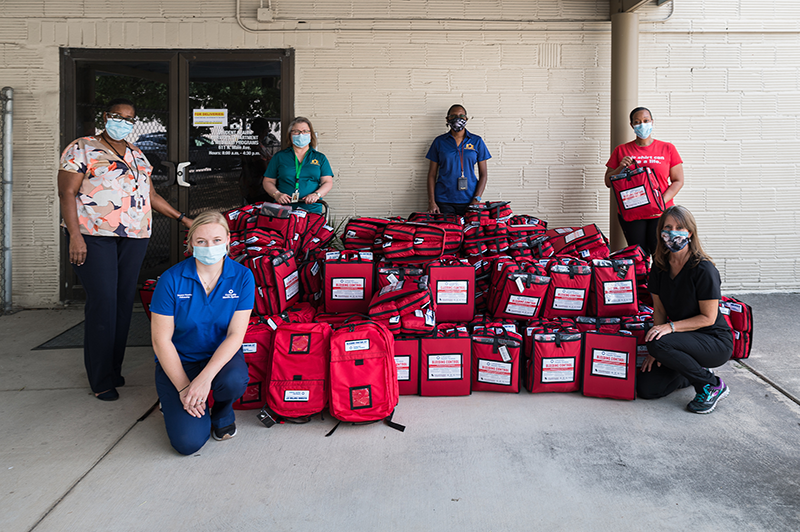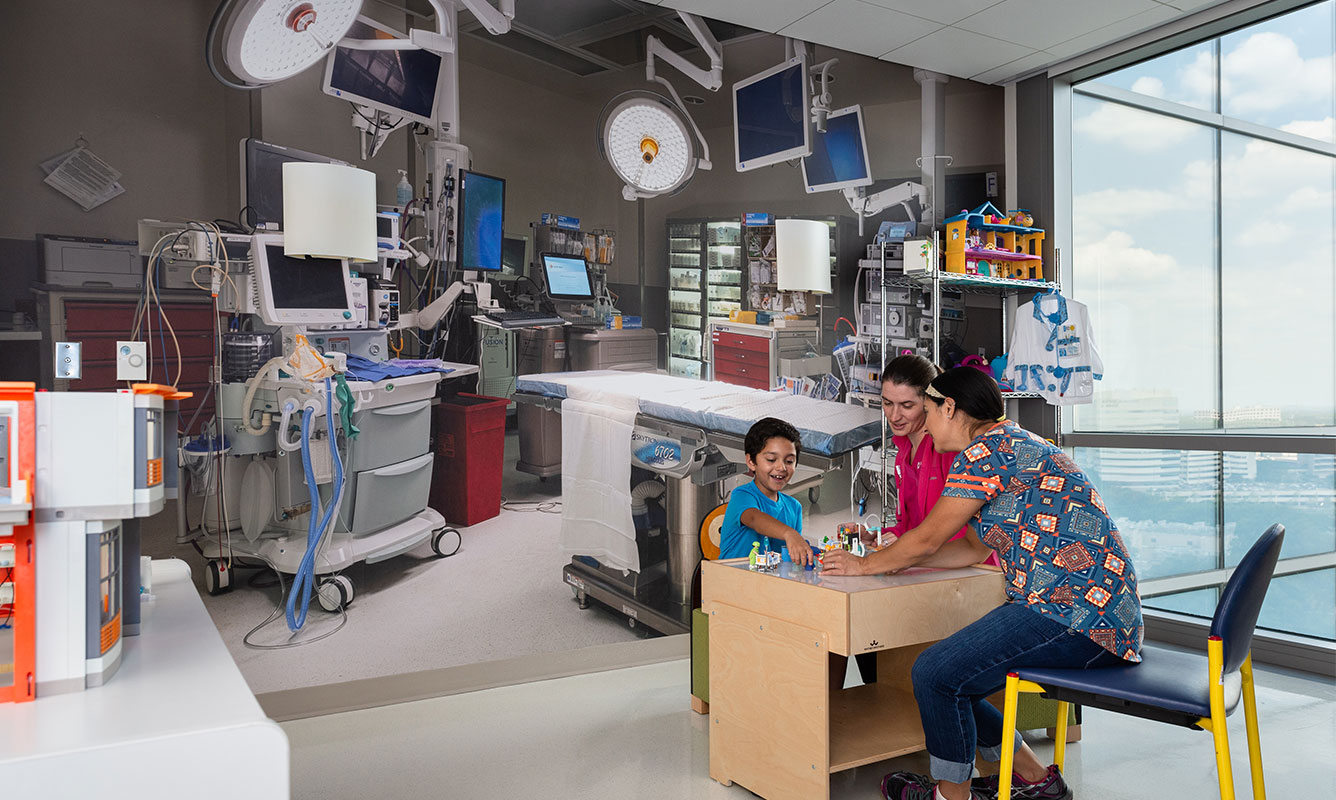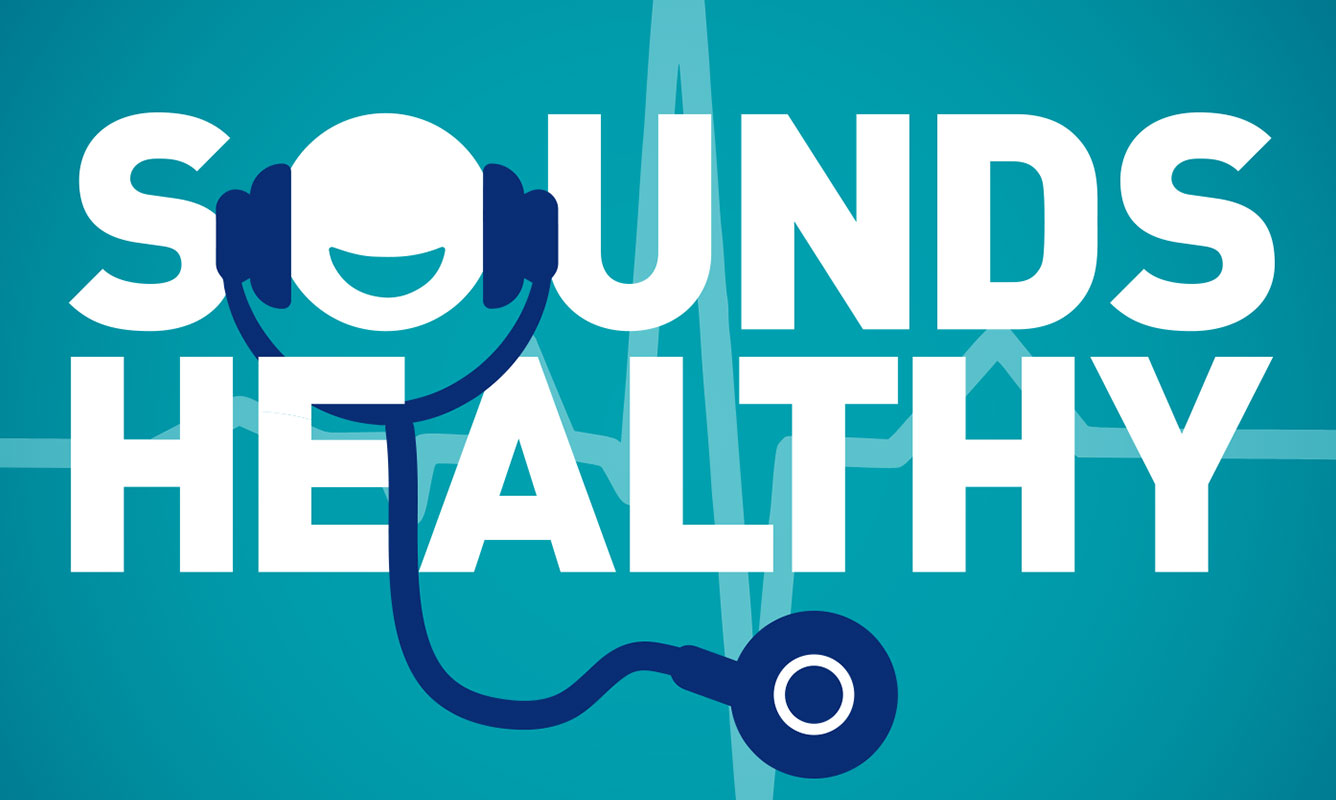Trauma team prepares schools for emergencies by delivering Stop the Bleed kits
This week the Level I trauma team at University Hospital delivered the final 750 bleeding control kits to Bexar County school districts as part of its Stop the Bleed program. The American College of Surgeons created the program to help save lives by training non-medical personnel on the steps to take when a person is suffering significant blood loss from a motor vehicle crash, shooting or other type of traumatic event.
The school kits contain tourniquets, gauze for packing wounds, chest seals, blankets and other materials that enable a user to stop excessive bleeding and stabilize a patient until an emergency medical team arrives.
In 2019, following numerous school shootings and gun violence in other settings, the State of Texas legislature passed House Bill 496. The bill requires schools to train staff and students on techniques that can stop excessive bleeding and save lives. School districts must have bleeding control materials on their campuses this year.
Last year, University Health’s trauma services team and its partners taught the Stop the Bleed program to more than 9,000 people in Bexar County, giving them the knowledge they may need to prevent someone from bleeding to death.
University Health, the University Health Foundation and Valero Energy collectively raised $540,000 to purchase kits for schools, plus additional training kits so the districts can continue training their staff and students on these techniques.
Uncontrolled bleeding from injuries is the number one cause of preventable death from trauma. A person can bleed to death in as little as three to five minutes before first responders can reach the patient. The Stop the Bleed course aims to improve the odds of survival through rapid, effective treatment, by turning bystanders into immediate emergency responders.




